U.S. pulls staff from Iraq amid concerns over Iran
May 15, 2019
John Davison, Raya Jalabi
BAGHDAD (Reuters) - Washington ordered the departure of non-emergency American employees from its diplomatic missions in Iraq on Wednesday in another show of concern about alleged threats from Iran.
President Donald Trump’s administration is applying new sanctions pressure on Tehran and sending additional forces to the Middle East to counter what it says is a heightened threat from Iran to U.S. soldiers and interests in the region.
Iran calls that “psychological warfare”, and a British commander cast doubt on U.S. military concerns about threats to its roughly 5,000 soldiers in Iraq, who have been helping local security forces fight Islamic State jihadists.
The U.S. State Department said employees at both the U.S. embassy in Baghdad and its consulate in Erbil, capital of semi-autonomous Kurdistan region, were being pulled out immediately due to safety concerns.
It was unclear how many personnel were affected, and there was no word on any specific threat. Visa services were suspended at the heavily-fortified U.S. missions.
“Ensuring the safety of U.S. government personnel and citizens is our highest priority ... and we want to reduce the risk of harm,” a State Department spokesman said.
Also on Wednesday, Germany, which has 160 soldiers in Iraq, suspended military training operations, citing increasing regional tensions. And the Netherlands suspended a mission providing assistance to Iraqi local authorities, Dutch news agency ANP said.
“DANGEROUS SITUATION”
Both the United States and Iran have said they do not want war, and Iraqi Prime Minister Adel Abdul Mahdi said on Tuesday he had indications “things will end well” despite the rhetoric.
Iraq has said it will keep strong ties with Iran, but also with the United States and regional neighbours, some of whom, like Saudi Arabia, consider Tehran an arch-rival.
“I think we are now in a quite dangerous situation where a miscalculation by either side could lead us into conflict,” U.S. Senator Chris Coons, a Democrat on the Senate Foreign Relations Committee, told CNN in an interview on Wednesday.
“When you project force into a very volatile region and you’ve got real tension between Iran and the Saudis — we have to be careful. We need a strategy,” Coons said, echoing a call by Congress for the government to brief lawmakers.
The State Department reissued travel advisory for Iraq saying U.S. citizens were at high risk of violence and kidnapping. “Anti-U.S. sectarian militias may also threaten U.S. citizens and Western companies throughout Iraq,” it said.
A senior Iranian official said on Wednesday that any conflict in the region will have “unimaginable consequences.”
Reporting by John Davison and Ahmed Rasheed in Baghdad, Raya Jalabi in Erbil; Additional reporting by Susan Heavy and Makini Brice in Washington; Writing by Raya Jalabi and John Davison; Editing by Catherine Evans and Andrew Cawthorne
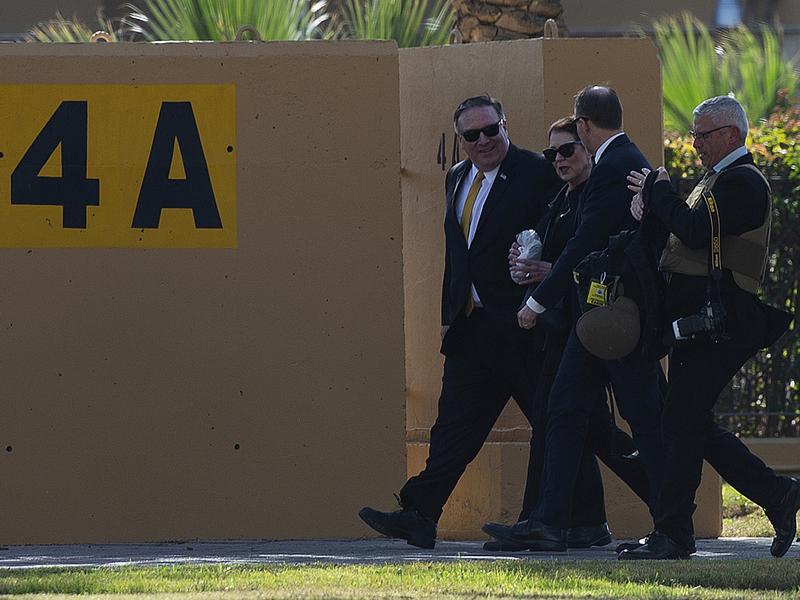
 www.reuters.com
www.reuters.com
May 15, 2019
John Davison, Raya Jalabi
BAGHDAD (Reuters) - Washington ordered the departure of non-emergency American employees from its diplomatic missions in Iraq on Wednesday in another show of concern about alleged threats from Iran.
President Donald Trump’s administration is applying new sanctions pressure on Tehran and sending additional forces to the Middle East to counter what it says is a heightened threat from Iran to U.S. soldiers and interests in the region.
Iran calls that “psychological warfare”, and a British commander cast doubt on U.S. military concerns about threats to its roughly 5,000 soldiers in Iraq, who have been helping local security forces fight Islamic State jihadists.
The U.S. State Department said employees at both the U.S. embassy in Baghdad and its consulate in Erbil, capital of semi-autonomous Kurdistan region, were being pulled out immediately due to safety concerns.
It was unclear how many personnel were affected, and there was no word on any specific threat. Visa services were suspended at the heavily-fortified U.S. missions.
“Ensuring the safety of U.S. government personnel and citizens is our highest priority ... and we want to reduce the risk of harm,” a State Department spokesman said.
Also on Wednesday, Germany, which has 160 soldiers in Iraq, suspended military training operations, citing increasing regional tensions. And the Netherlands suspended a mission providing assistance to Iraqi local authorities, Dutch news agency ANP said.
“DANGEROUS SITUATION”
Both the United States and Iran have said they do not want war, and Iraqi Prime Minister Adel Abdul Mahdi said on Tuesday he had indications “things will end well” despite the rhetoric.
Iraq has said it will keep strong ties with Iran, but also with the United States and regional neighbours, some of whom, like Saudi Arabia, consider Tehran an arch-rival.
“I think we are now in a quite dangerous situation where a miscalculation by either side could lead us into conflict,” U.S. Senator Chris Coons, a Democrat on the Senate Foreign Relations Committee, told CNN in an interview on Wednesday.
“When you project force into a very volatile region and you’ve got real tension between Iran and the Saudis — we have to be careful. We need a strategy,” Coons said, echoing a call by Congress for the government to brief lawmakers.
The State Department reissued travel advisory for Iraq saying U.S. citizens were at high risk of violence and kidnapping. “Anti-U.S. sectarian militias may also threaten U.S. citizens and Western companies throughout Iraq,” it said.
A senior Iranian official said on Wednesday that any conflict in the region will have “unimaginable consequences.”
Reporting by John Davison and Ahmed Rasheed in Baghdad, Raya Jalabi in Erbil; Additional reporting by Susan Heavy and Makini Brice in Washington; Writing by Raya Jalabi and John Davison; Editing by Catherine Evans and Andrew Cawthorne
U.S. pulls staff from Iraq, says Iran gave 'blessing' for tanker attacks
Helicopters ferried U.S. staff from the American embassy in Baghdad on Wednesday out of apparent concern about perceived threats from Iran, which U.S. sources believe encouraged Sunday's attacks on four oil tankers in the Gulf.






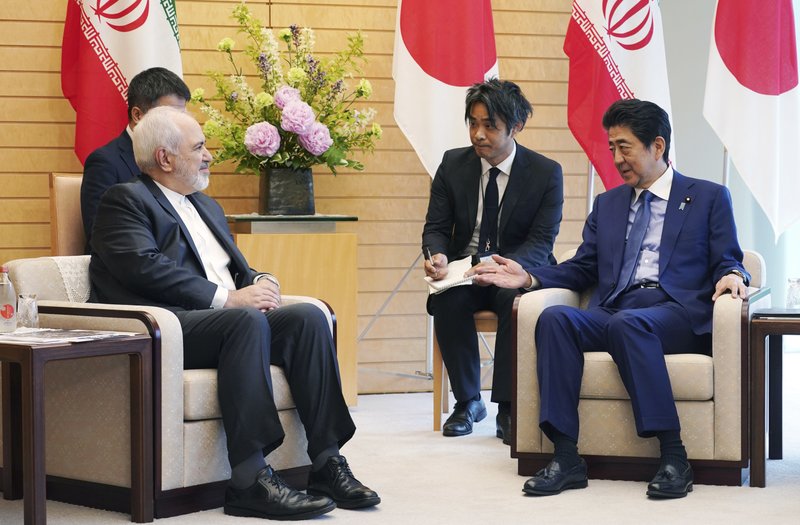

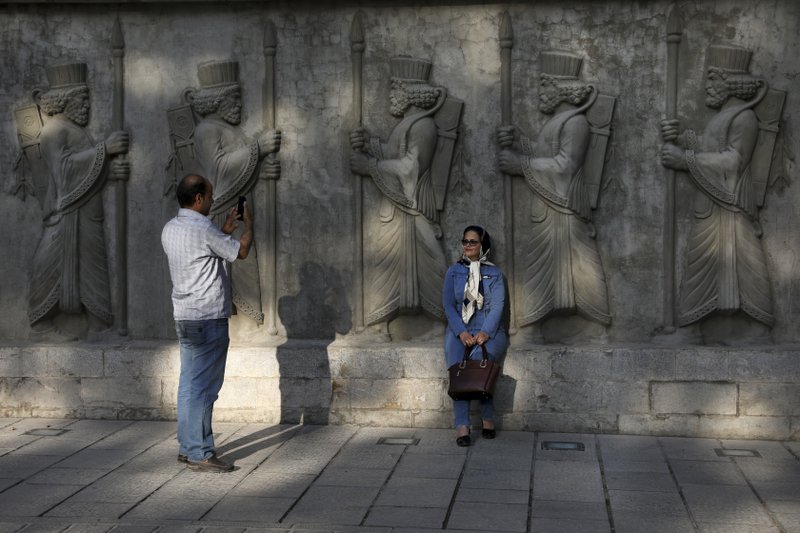
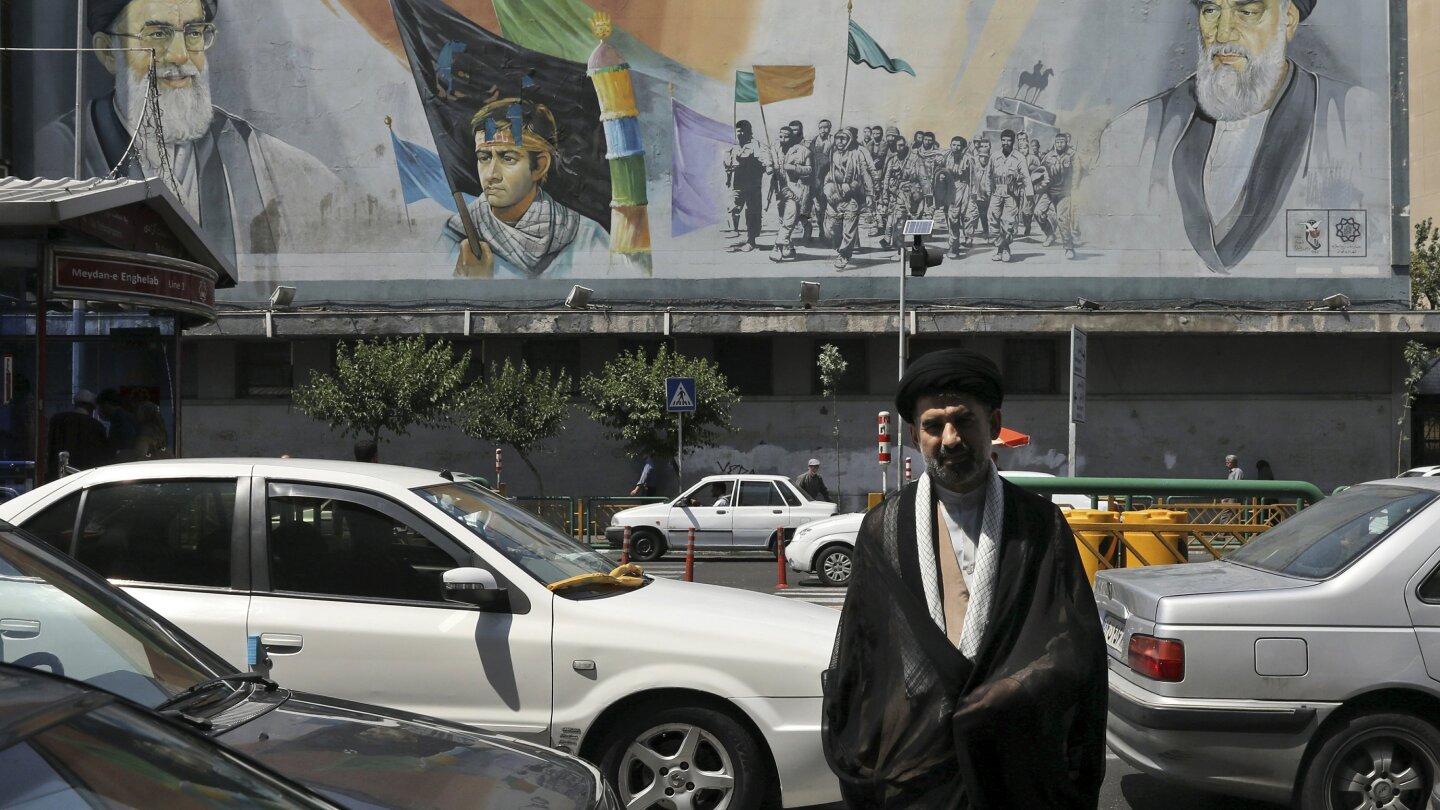
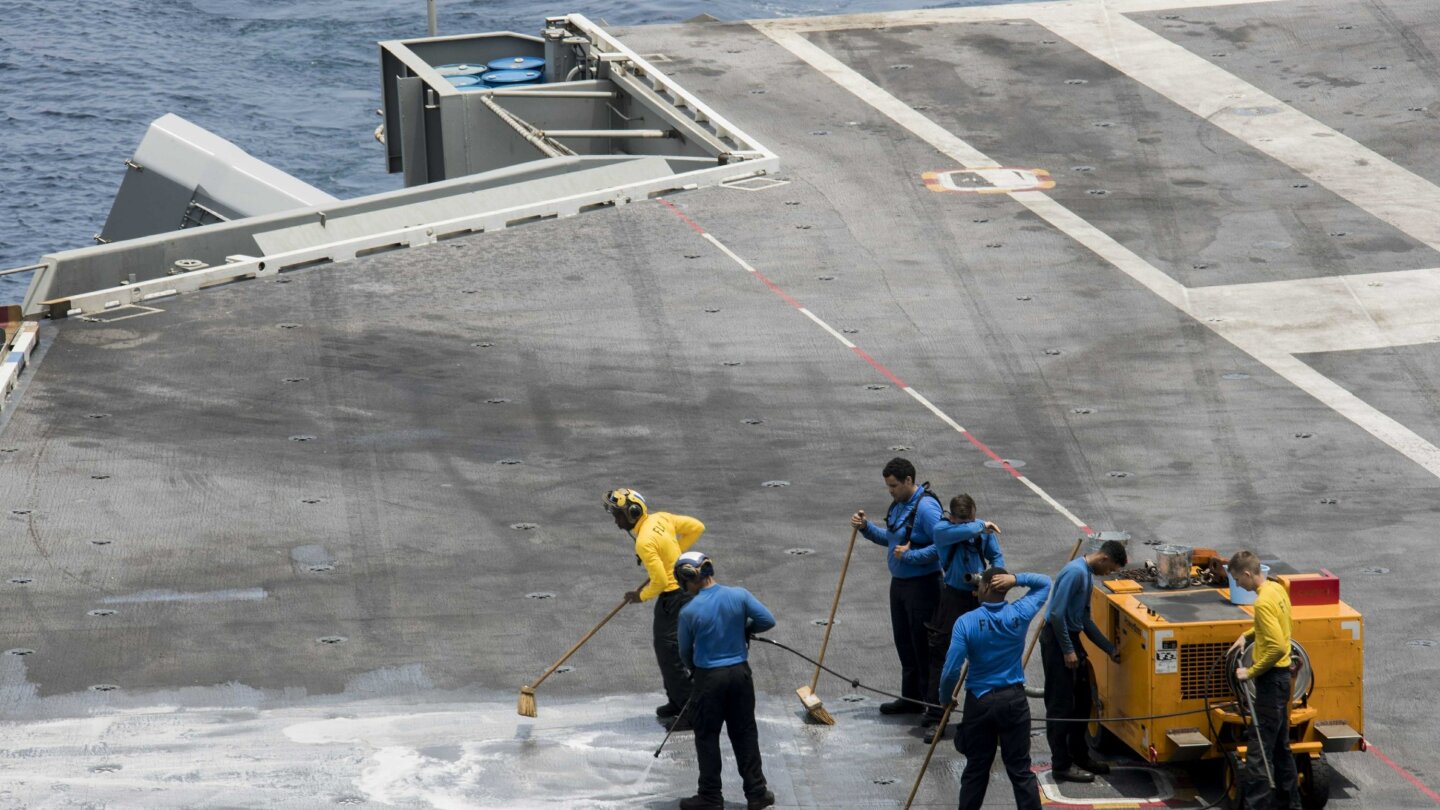

![[IMG] [IMG]](/proxy.php?image=https%3A%2F%2Faawsat.com%2Fsites%2Fdefault%2Ffiles%2Fstyles%2Farticle_img_top%2Fpublic%2F2019%2F05%2F21%2Ffrench_finance_minister_bruno_le_maire._afp.jpg%3Fitok%3DoR9nuR8P&hash=d522bb51c591e220517299ee1bdb3853)
![[IMG] [IMG]](/proxy.php?image=https%3A%2F%2Faawsat.com%2Fsites%2Fdefault%2Ffiles%2Fstyles%2Farticle_img_top%2Fpublic%2F2019%2F05%2F21%2Firanian_president_hassan_rouhani._reuters.jpg%3Fitok%3DHq1AGeqE&hash=b6e22b7180de0d2cb11ad9214f79bcdd)